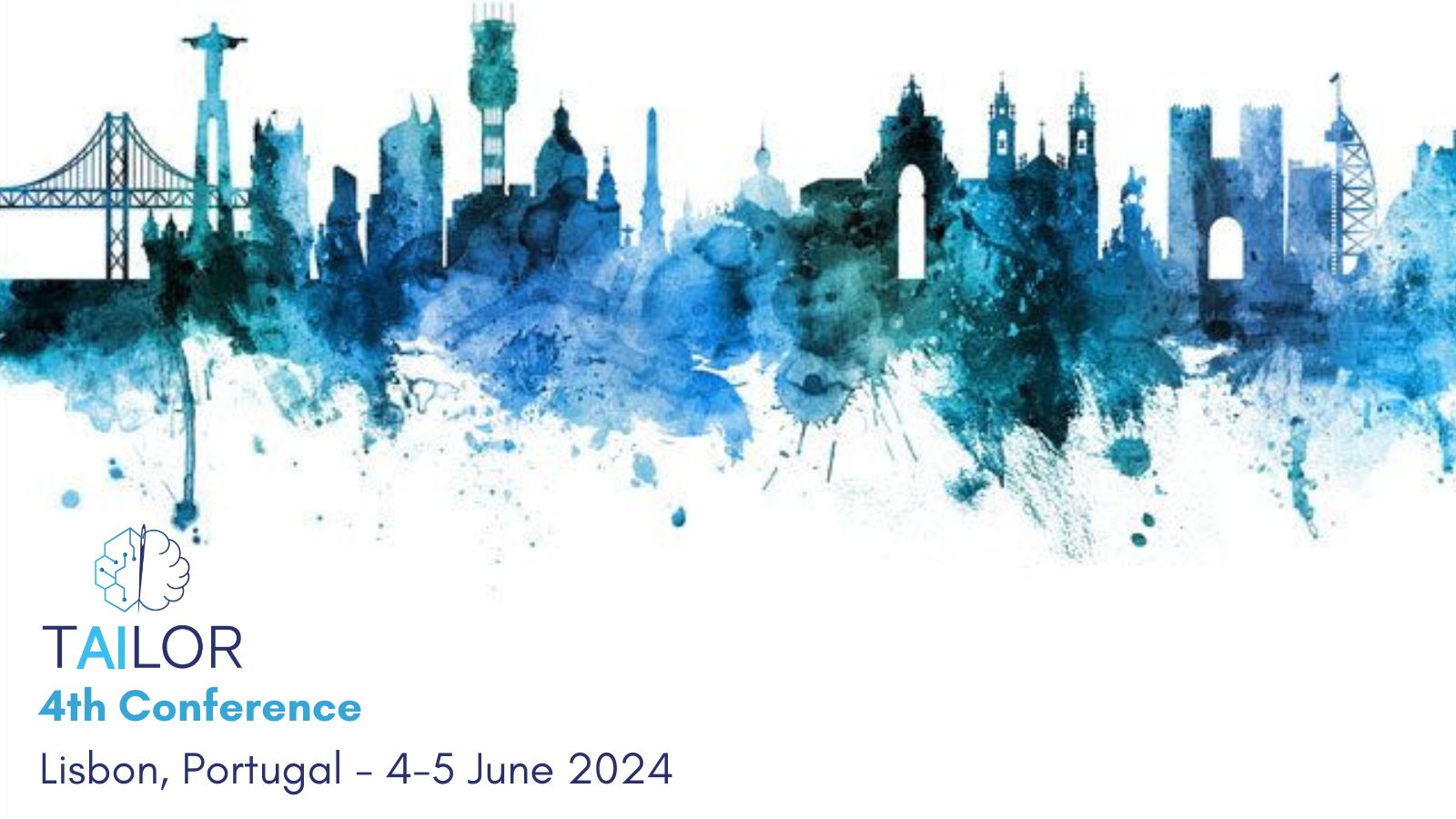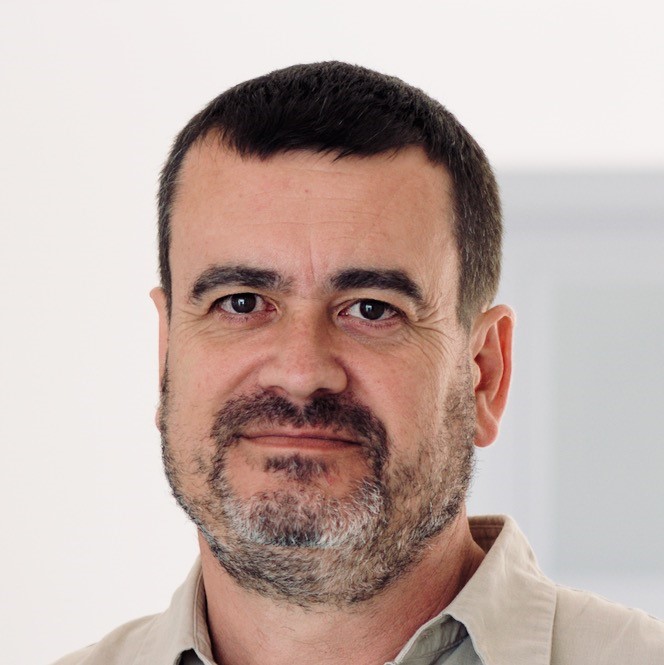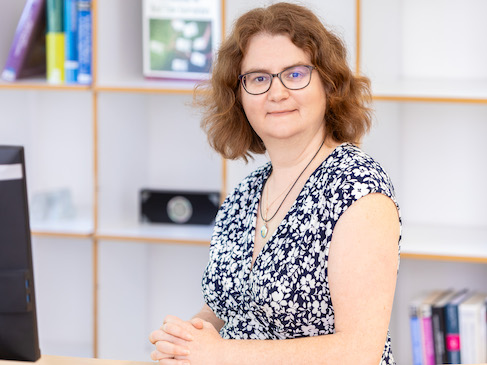
4th TAILOR Conference – Trustworthy AI from lab to market
4-5 June 2024 in Lisbon, Portugal
The theme for the fourth and final conference organised by the TAILOR network was Trustworthy AI from lab to market. Together, we investigated the recent findings from some of the most prominent AI researchers in Europe, with an outlook on how this can be implemented by European industry. We also dedicated parts of this conference to Europe’s young AI talent, who was invited to present their work in poster sessions and parallel workshops.
Keynote speakers
Confirmed keynote speakers were:
- Iryna Gurevych
- Subbarao Kambhampati
- Carles Sierra
- Wendy Ju
- Fredrik Heintz
Detailed programme
The detailed programme is available here.
Workshops and back-to-back events
Before, during and after the main event back-to-back or parallel workshops was organised.
Poster session
List of posters and pitches are available on the poster session page.
Speakers
-
 Carles Sierra
Carles SierraCarles Sierra is the Director of the Artificial Intelligence Research Institute (IIIA) of the Spanish National Research Council (CSIC) located in Barcelona. He is the President of EurAI, the European Association of Artificial Intelligence. He has been contributing to Artificial Intelligence research since 1985 in the areas of Knowledge Representation, Auctions, Electronic Institutions, Autonomous Agents, Multiagent Systems and Agreement Technologies. He is or has been a member of several editorial boards of journals, including AIJ and JAIR, two of the most prestigious generalist journals. He was the editor-in-chief of the JAAMAS journal, specialising in autonomous agents. He organised IJCAI, the most important international artificial intelligence conference in 2011 in Barcelona, and was the President of the IJCAI Program Committee in Melbourne in 2017. He is a Fellow of the European Association of AI, EurAI, and recipient of the ACM/SIGAI Autonomous Agents Research Award 2019.
-
 Fredrik Heintz
Fredrik HeintzFredrik leads the Reasoning and Learning group within the Division of Artificial Intelligence and Integrated Systems (AIICS) in the Department of Computer Science. His research focus is artificial intelligence especially autonomous systems, stream reasoning and the intersection between knowledge representation and machine learning. He is the coordinator of the TAILOR ICT-48 network of AI research excellence centers, the Director of the Graduate School for the Wallenberg AI, Autonomous Systems and Software Program (WASP), the President of the Swedish AI Society, a member of the CLAIRE extended core team, a member of the EurAI board, a researcher at the AI Sustainability Center, and a member of the European Commission High-Level Expert Group on AI. He is also very active in education activities both at the university level and in promoting AI, computer science and computational thinking in primary, secondary and professional education. Fellow of the Royal Swedish Academy of Engineering Sciences (IVA).
-
 Iryna Gurevych
Iryna GurevychIryna Gurevych (PhD 2003, U. Duisburg-Essen, Germany) is professor of Computer Science and director of the Ubiquitous Knowledge Processing (UKP) Lab at the Technical University of Darmstadt in Germany. In addition, she is an adjunct professor at MBZUAI in Abu-Dhabi, UAE and an affiliated professor at INSAIT in Sofia, Bulgaria. Her main research interests are in machine learning for large-scale language understanding and text semantics. Iryna’s work has received numerous awards. Those include the ACL fellow award 2020, the first-ever Hessian LOEWE Distinguished Chair award (2,5 mil. Euro) in 2021 and an ERC Advanced Grant in 2022 (2,5 Mil. Euro). Iryna is co-director of the NLP program within ELLIS, a European network of excellence in machine learning. She is the recent president of the Association for Computational Linguistics (ACL).
-
 Subbarao Kambhampati
Subbarao KambhampatiSubbarao Kambhampati is a professor of computer science at Arizona State University. Kambhampati studies fundamental problems in planning and decision making, motivated in particular by the challenges of human-aware AI systems. He is a fellow of Association for the Advancement of Artificial Intelligence, American Association for the Advancement of Science, and Association for Computing machinery, and was an NSF Young Investigator. He served as the president of the Association for the Advancement of Artificial Intelligence, a trustee of the International Joint Conference on Artificial Intelligence, the chair of AAAS Section T (Information, Communication and Computation), and a founding board member of Partnership on AI. Kambhampati’s research as well as his views on the progress and societal impacts of AI have been featured in multiple national and international media outlets.
-
 Wendy Ju
Wendy JuWendy Ju is an Associate Professor of Information Science at Cornell University. She is also an inaugural faculty member of Cornell’s new campus-wide multidisciplinary Design Tech department, and an Associate Professor at the Jacobs Technion-Cornell Institute at Cornell Tech and the Technion. Professor Ju’s work in the areas of human-robot interaction and automated vehicle interfaces highlights the ways that interactive devices can communicate and engage people without interrupting or intruding. Her current research focus is on everyday urban interaction. Professor Ju has innovated numerous methods for early-stage prototyping of automated systems to understand how people will respond to systems before the systems are built. She has a PhD in Mechanical Engineering from Stanford, and a Master’s in Media Arts and Sciences from MIT. Her monograph on The Design of Implicit Interactions was published in 2015.
